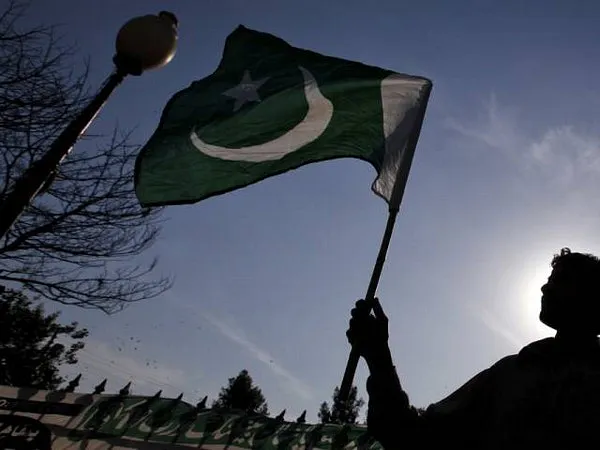Failing to address persistent concerns of the international community and the European Union regarding human rights, Pakistan is perilously close to losing out in its GSP + status accorded by the EU. Human rights violations are on the rise despite international pressurize on Islamabad to act. Millions of children in Pakistan are trapped in the vicious throes of child labor. Emma Barnard, coordinator for team Pakistan at Global Human Rights Defence, a Netherland based international NGO, recently stated that since 1996 at least 3.3 million children in Pakistan were trapped in industries employing child labor, simultaneously being deprived of their health, education and childhood.
She added that in 2020 alone 22.7 million children were unable to attend formal school. Bonded labour too remains a serious concern in the still feudal society of Pakistan. Statutes abolishing these practices have long existed but are not implemented due to the influence of powerful landlords on state institutions and local police.
A 2021 monitoring report by Solidar Suisse on ‘Economic and Social Rights in Pakistan’ observed that due to weak implementation of labor laws in Pakistan, workers are unable to enjoy even their statutory rights from private sector employers. The report noted violations of minimum wages and freedom of association in many industries in Pakistan. It recommended that the EU and other partner countries should use their political influence to force Islamabad to comply with its international human rights obligations.
The protection of human rights is one of the EU’s foundational, fundamental and overarching objectives. The bloc uses economic tools like the generalized system of preferences (GSP) and trade linkages to promote human rights in third countries. Besides the GSP, the EU also takes unilateral measures to protect human rights, such as prohibiting imports of goods produced using child labor.
The European Commission systematically monitors human rights in beneficiary countries and trade benefits can be denied in case of massive and systemic violations, such as labour protection norms. The Commission has observed that in Pakistan, progress on the implementation of human rights norms has been unsatisfactory due to capacity constraints, the security situation and a ‘lack of political priority’ for the issue. Though Islamabad claims that a number of laws and regulations already exist or have been introduced to protect human rights, these remain only on paper. The extension of GSP+ to Pakistan was always conditional and it is now becoming increasingly difficult for Islamabad to retain this status given the chronic political uncertainty and unpredictable law & order situation.
Earlier in 2018, the Commission had acknowledged that even though Pakistan had ratified relevant international instruments, the situation with regard to many human and labour rights remained problematic. The Commission’s assessment reflected concerns expressed by civil society, labour unions, human rights defenders and other stakeholders in Pakistan. It was noted by the Pakistan Workers
Confederation that serious implementation shortcomings were found in labor rights and standards.A matter of special concern is the rights of women workers employed in large numbers in the garment and textile industry, the majority of whose products are exported to the EU. Unlike women workers in other GSP beneficiary countries, this sector has not benefited women in Pakistan. The textile factory workforce is dominated by men, on account of deeply entrenched patriarchal attitudes confining women at home, and those women who do find employment in the sector face serious discrimination at work and significant salary gaps. The EU’s Special Representative for Human Rights Eamon Gilmore, while concluding a visit to Islamabad in February, expressing anguish over human rights condition in Pakistan, highlighted that women’s earnings were less than the statutory minimum wage in the textile industry. Notably, Pakistan was also late in fulfilling and reporting its obligations under the Convention on the Elimination of All Forms of Discrimination against Women [CEDAW].
By other accounts too, Islamabad is a poor performer in labour rights. It ranks sixth in the world in the Modern Slavery Index (2018), with an estimated 2.13 million people (1.13 % of the population) living in conditions akin to slavery.The EU in its past reviews of compliance by Pakistan observed that the human rights situation had worsened in several other areas like enforced disappearances and extrajudicial killings, death penalty, extrajudicial executions, rights of religious and ethnic minorities, and the freedom of expression. Pakistan cannot afford to be indifferent towards human rights, labour, women and child rights and good governance, if it aims to continue enjoying EU’s GSP+ status, the economic benefits of which are significant for Pakistan’s crisis-prone economy. Roughly 65% of Pak textile exports to the EU market enjoy preferential benefits. It is main foreign exchange earner as well as employment generating sector for Pakistan. The present GSP+ to Pakistan shall expire on December 31, 2023 and withdrawal of the status will immensely hurt the economy.

